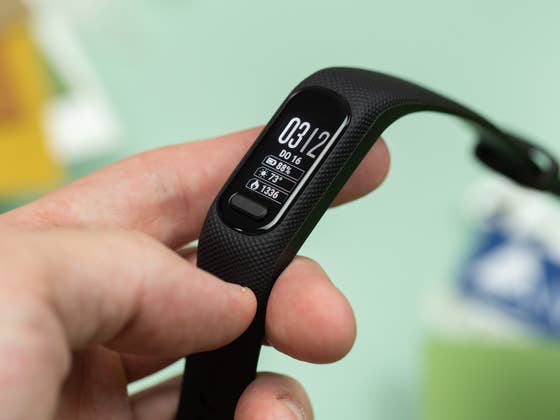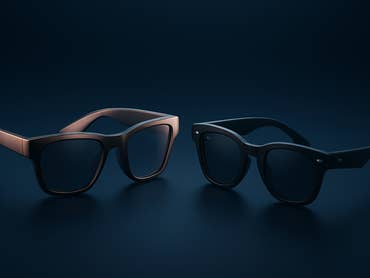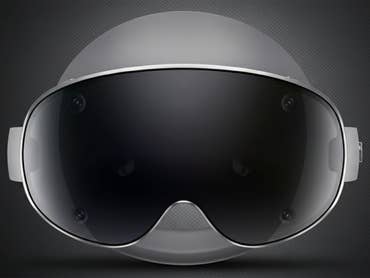When the Data Doesn’t Match How You Feel
Published in the Journal of Psychopathology and Clinical Science, the research tracked 781 university students over three months while they wore a Garmin Vivosmart 4. Each participant logged their emotional state four times daily, and those entries were compared against the stress readings recorded by the device.
The outcome was clear: for most participants, the wearable’s stress scores did not line up with what they reported feeling. Study co-author Eiko Fried explained that the correlation was “basically zero,” noting his device once flagged stress during a joyful catch-up at a wedding just as it would after an intense gym session.
Why Wearables Get Stress Wrong
This is not surprising. Wearables stress tracking relies mostly on heart rate variability (HRV) and similar physiological signals, which can spike or drop for many reasons—not just stress. Excitement, caffeine, or even light physical activity can cause the same changes, meaning the device can’t tell what’s actually going on emotionally.
In the study, the Garmin fitness watch often confused excitement with stress. Meanwhile, metrics that rely more directly on physiological signals, like sleep tracking, proved more accurate. Sleep is easier to measure using movement patterns and heart rate than interpreting complex mental states.
So, if you are considering buying a device to manage stress, be realistic about what it can do. Wearables are great for understanding workout-related stress or tracking how a bad night’s sleep might affect your body. But when it comes to mental state, you’ll get a clearer picture if your device also allows manual input about your day. Combining those personal insights with physical data is the best way to find your true stress baseline and decide how to act on it.
As Fried put it: “The findings raise important questions about what wearable data can or can’t tell us about mental states. Be careful and don’t live by your smartwatch.”
From my own testing, many devices now come with “stress management” tools, but these are better viewed as guided relaxation features, such as breathing exercises and meditations, rather than windows into your mental health. This research is a good reminder: wearable data is useful, but it is not the absolute truth. It works best when interpreted alongside how you actually feel and what’s happening in your life.
Finally, while the Garmin Vivosmart 4 was the device used in this study, the findings are not unique to it. Most wearables today rely on the same physiological measurements for stress tracking, and even with newer models, the hardware has not advanced enough to reliably interpret complex mental states.





